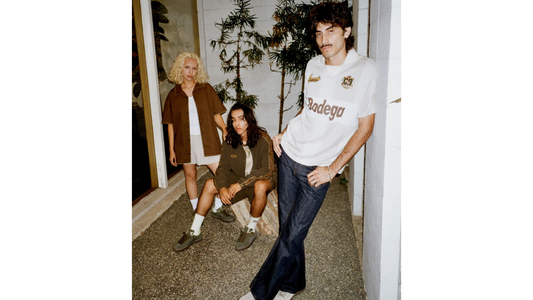The English language contains more than one expression which calls into question the parentage of those who have broken with society’s conventional niceties. A minor infraction, like forgetting to close a door upon entering a home might be met with the inquiry “were you born in a barn?” Those people, whose issues with staying in lockstep with the status quo run deeper than a simple breach of etiquette, are said to be practically feral. They were raised by wolves.
Any culture in geographical proximity with wolves has their own myths and legends about them, so the cultural interpretation of them varies widely from place to place. For brevity’s sake, it’s fair to say that there are two prevailing opinions about wolves. The first sees them as harbingers of death and destruction: dangerous, malicious, opportunistic, predatory, and sometimes just plain evil, creatures of darkness, the “big bad wolf,” in other words.
In Norse mythology, three of Loki’s monstrous progeny are lupine. In the apocalypse myth of Ragnarok, Fenrir is destined to devour Odin himself, while Fenrir’s offspring, Skoll and Hati will catch and consume the sun and moon. Wolves are often said to be associated with witchcraft and other forms of dark magic. This is a motif famously used in Bram Stoker’s Dracula, where the titular vampire can command wolves, along with other animals. His assessment of wolves howling, “the children of the night, what music they make” is particularly memorable. In short, there is no shortage of source material to justify the ongoing, faint-hearted fear of wolves.
The other opinion makes no illusions about the inherent danger wolves represent, but views these qualities as admirable, and something to aspire towards. They are respected rather than feared. The veneration of the wolf as fearless, independent, and capable is pronounced in Eastern Europe, the Baltics, the Balkans, and Eurasia, but the most famous example of the revered wolf in the western canon comes from ancient Rome. The twin founders of the city, Romulus and Remus, were, as infants, marked for death by a cruel uncle (ancient mythology tends to have a lot of those) but were spared by the servant ordered to actually carry out the dirty work, and left on the banks of the Tiber instead. After being carried away by the river they were found, nursed, and generally cared for by a she-wolf. They would go on to be adopted by a humble shepherd, realize their true destiny, found the mighty Rome, and so on. The she-wolf that nursed the twins became a sacred symbol of the Roman Empire, and the wolf became a figure of religious importance in Roman culture.
As opinions about wolves are still a polarizing topic, to take a defined, pro-wolf position is to make a conscious declaration of independence. The lone-wolf is someone unafraid to do things their own way and embrace the outsider status that comes with it. Raised By Wolves is, clearly, for those in this camp. A modern aesthetic, unique, distinctive designs, and high quality local construction combine to create garments made for those forging their own path through the wilds of life.











Words: Dan Alvarez
Photography: Ricky Orng






